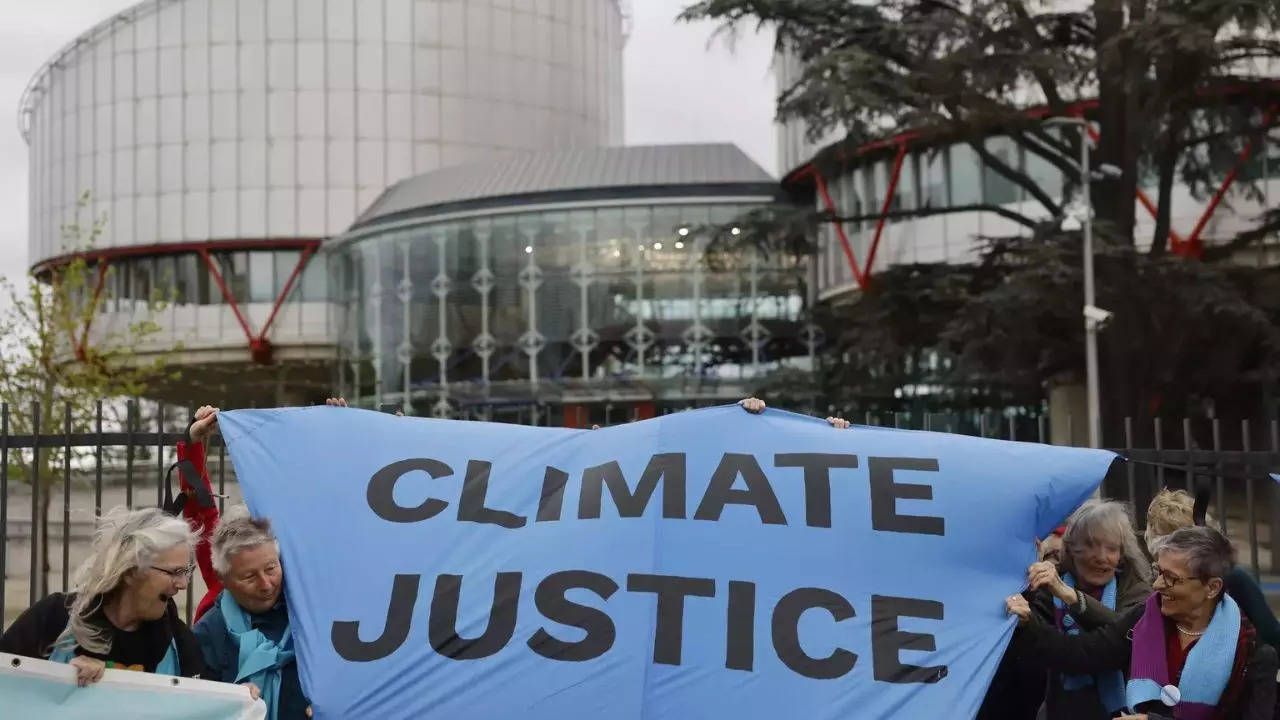
Swiss senior citizens, who, given their age, are particularly affected by impacts of climate change in terms of health and living conditions, had sued the Swiss state for not doing enough to combat global warming. Ostensibly a ‘first world’ suit, the door now opens for wider consideration of impacts and actions to arrest climate change beyond Switzerland and, indeed, Europe. Initially binding on Switzerland, the ruling will impact 40-odd jurisdictions that are signatories to European Convention on Human Rights, including all EU member-states, Britain, Norway, Turkiye and some Central Asian states.
Climate cases have been on the rise globally, from 884 to 2,180 in 2022. But it’s with the ECtHR ruling that the burden of proof has shifted – states have to justify that their policies are sufficient. India’s Supreme Court’s latest ruling in the Great Indian Bustard case is in a similar vein. By stressing that limiting climate change is central to protecting fundamental rights to life and equality, courts are creating legal accountability for states. The ruling is likely to create fresh impetus for climate action at a time when competing demands like cost of living, job creation and geopolitical fragmentation have led countries to soft pedal on climate commitments.










